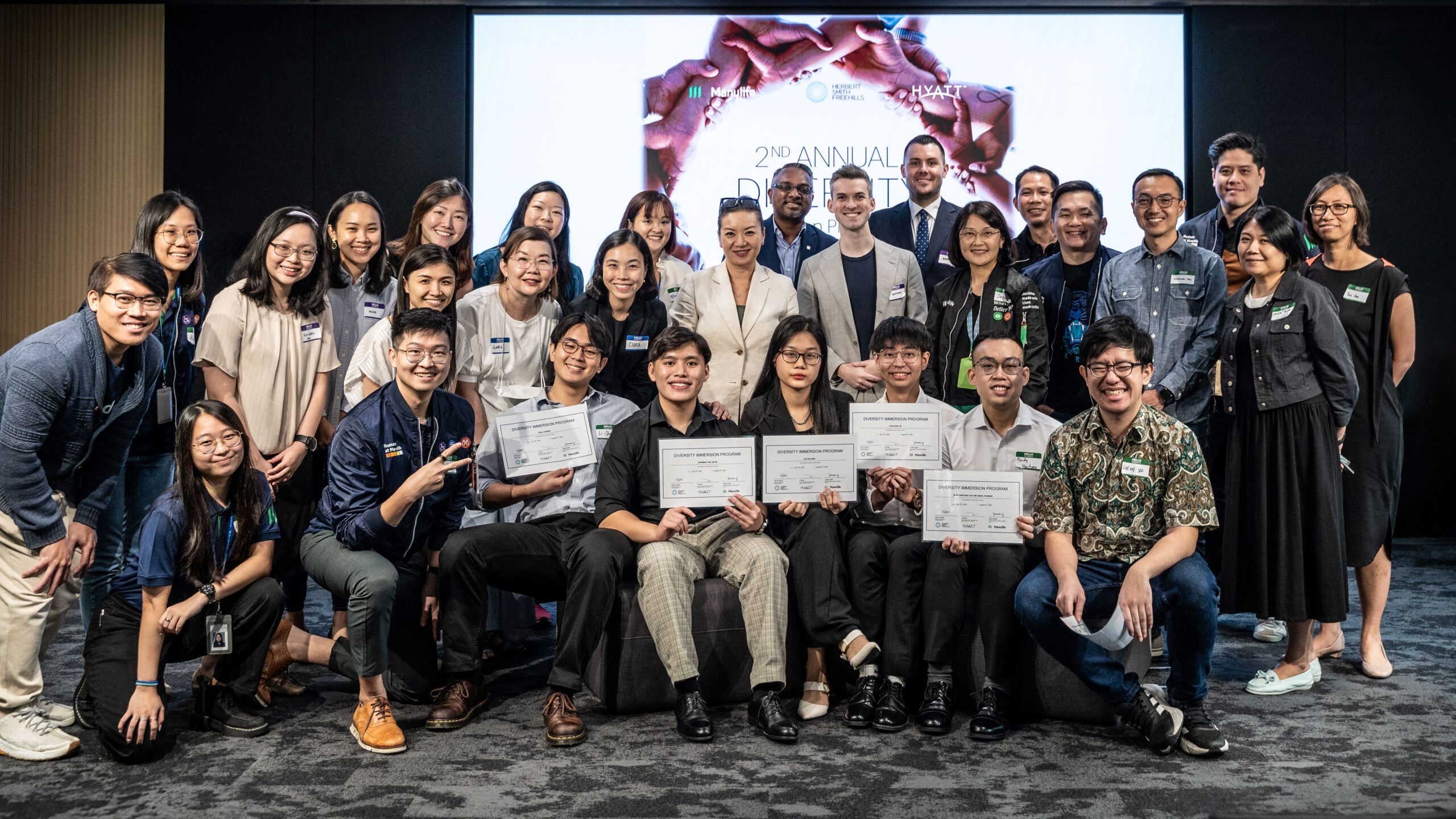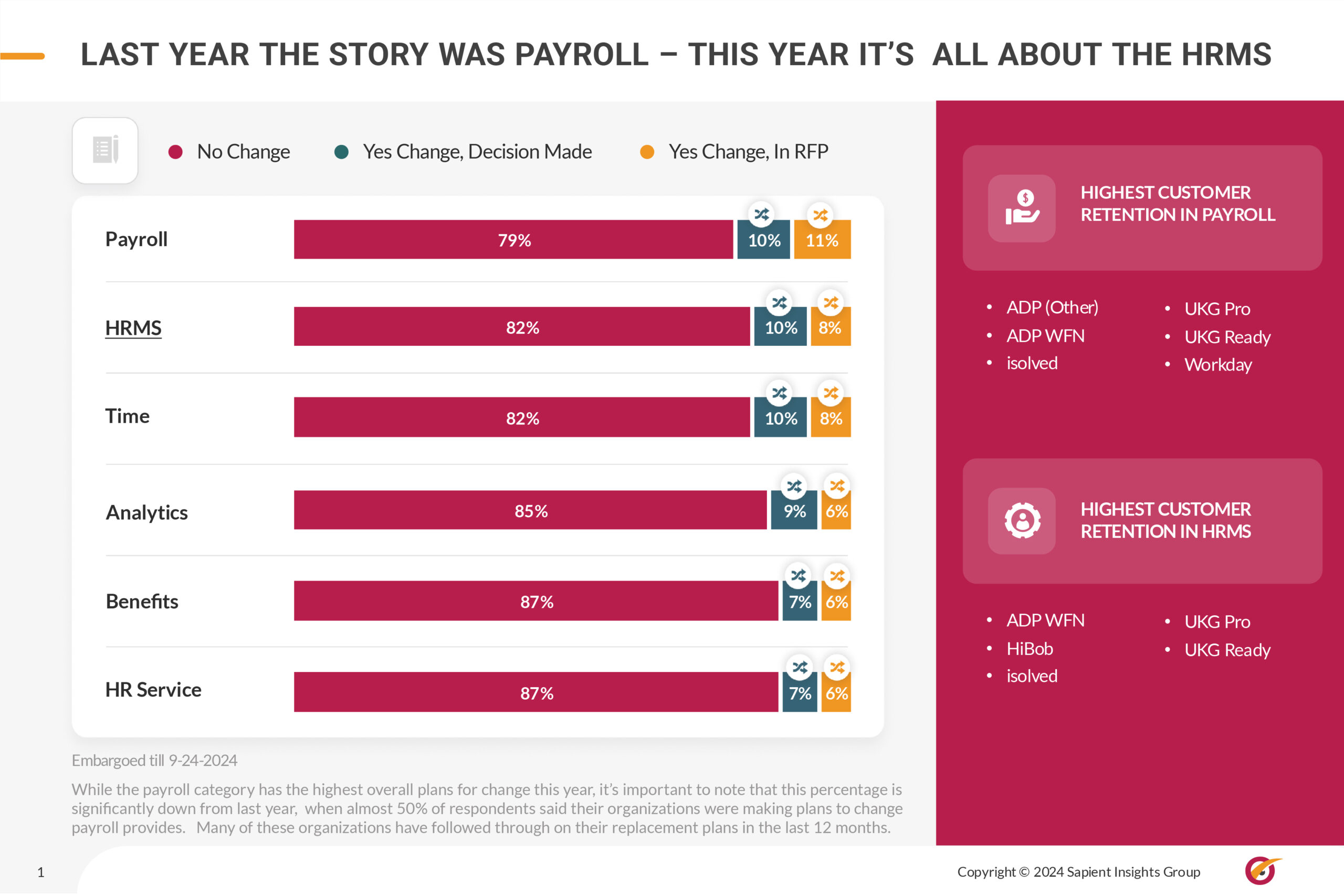Why global teams can help companies operate sustainably in Singapore
- HRM Asia Newsroom

With its stable government policies, skilled workforce, great financial infrastructure and excellent logistics connectivity, Singapore has been one of Asia’s most favourable financial centres where foreign companies set up their APAC headquarters.
However, with Singapore’s property rental prices skyrocketing in the last few months, a recent survey by the European Chamber of Commerce shows that seven out of ten foreign companies are ready to relocate their employees and business out of Singapore as local rental prices have hiked at least a whopping 40 percent since end-2022.
The study also shows that half of the expatriates surveyed were negatively impacted by the rising property rental prices and might consider relocating out of Singapore. 97 percent of the companies surveyed indicated that employees exhibited visible anxiety and psychological distress over the rising rental costs in Singapore.
To move forward with caution amidst inflation and remain risk-averse while looking for new opportunities, progressive companies are considering the role of remote hiring – for local, regional, and even employees in other jurisdictions – while keeping a small core team in a Singapore headquarters. It is an effective and sustainable solution for companies that wish to maintain operations in Singapore for its great business policies and financial infrastructure.
Here are some benefits of building global teams and remote work for foreign companies during periods of property rental crisis:
Cost savings
Hiring global teams and remote work eliminates the need for a physical office or at least leads to a smaller physical footprint for the company. By switching to the remote work model with employees working from home, foreign companies in Singapore can downscale office space by opting for a small co-working space to operate in instead of the traditional full-scale office setup.
This is an obvious reduction in rent and utility costs, as well as office furniture and workplace technology – which can be especially important during economic downturns and soaring property rental prices.
In addition, with more than half of Singapore’s expatriates looking to move out of the sunny island city due to the ongoing rental crisis, companies that adopt the remote work model may alleviate talent retention issues as these expatriates can continue working in the same job from any location they choose.
Increased productivity
Studies have shown that teams with flexible working schedules tend to be more productive due to reduced distractions and improved work-life balance.

“Teams with flexible working schedules tend to be more productive due to reduced distractions and improved work-life balance.” – Charles Ferguson, General Manager, APAC, G-P
In its research paper titled: Working from Home, the Productivity Commission of Australia’s Federal Government showed that many people could do their jobs at home just as well as in the office, while a Stanford Study found remote workers to be 13 percent more productive than their office counterparts. Coupled with two years of global lockdown and work-from-home arrangements due to the pandemic, it has been clear that the remote work model is just as effective and workers really valued the time and money saved through not commuting, as well as the extra flexibility in their lives.
Access to a wider talent pool
With global teams being accepted and adopted by many organisations, companies are no longer limited to hiring domestically as they can now hire employees from anywhere in the world, providing access to a much larger pool of talent.
READ: Why remote work is still of central importance
Many companies have turned to the employer of record (EOR) model for their remote hiring needs. EOR and global employment platforms such as G-P allow companies to hire anywhere instantly in a legally compliant manner without the need to set up an overseas subsidiary. This also plays well for dynamic organisations looking to expand into new markets, as a means of consolidating their businesses during times of duress. It has been touted as a smart solution to helping businesses with their remote hiring and overseas expansion needs.
Improved employee satisfaction
Remote work allows employees to have more control over their work environment, leading to increased job satisfaction and reduced turnover.
The Institute of Policy Studies found through a survey last year that 52 percent of the Singapore workforce prefers flexible work arrangements, with 35 percent feeling that remote work from home should be the new normal that results in better psychological well-being, and thus, a happier workforce for any company.
According to a major global research report by G-P, 77 percent of employees in Singapore stated that the ‘quality of their work decreases when they are not happy at their job’, which suggests remote work is an integral part of both happiness and productivity moving forward.
Overall, building global teams can offer improved productivity, access to a wider talent pool, cost savings, and improved employee satisfaction, making it an attractive option for companies during economic downturns, as well as foreign companies looking to expand into Singapore in a sustainable way amidst the on-going property rental hike. It offers a safe, cost-effective, and fast option for expanding into new markets and finding the talent required to facilitate growth – irrespective of local business conditions.
About the Author: Charles Ferguson is General Manager, APAC, G-P. Join him at HR Tech Festival Asia 2023 on May 11 at 10.20am (SGT), where he and John Antos, Vice President Strategy, Asia Pacific & Global Payroll, ADP, will share insights to help HR leaders navigate today’s constantly evolving business landscape.






